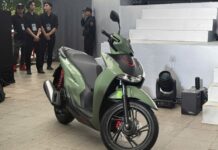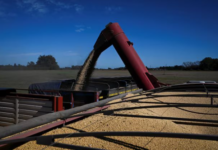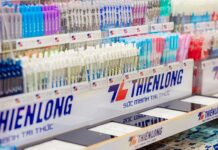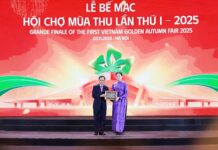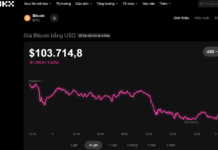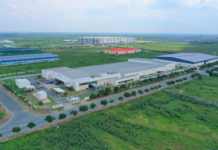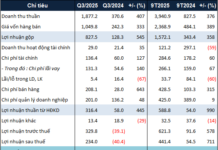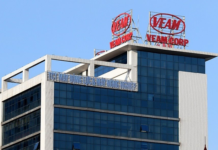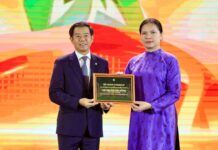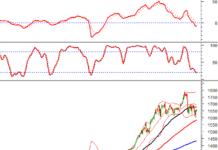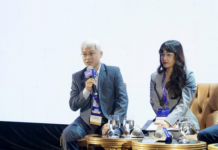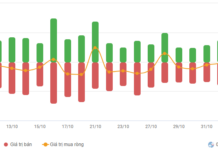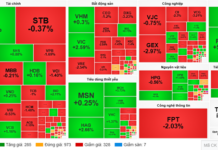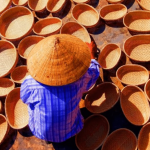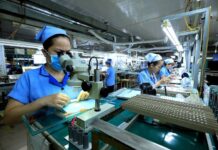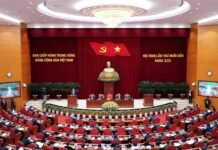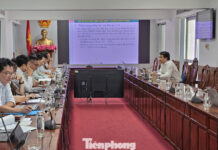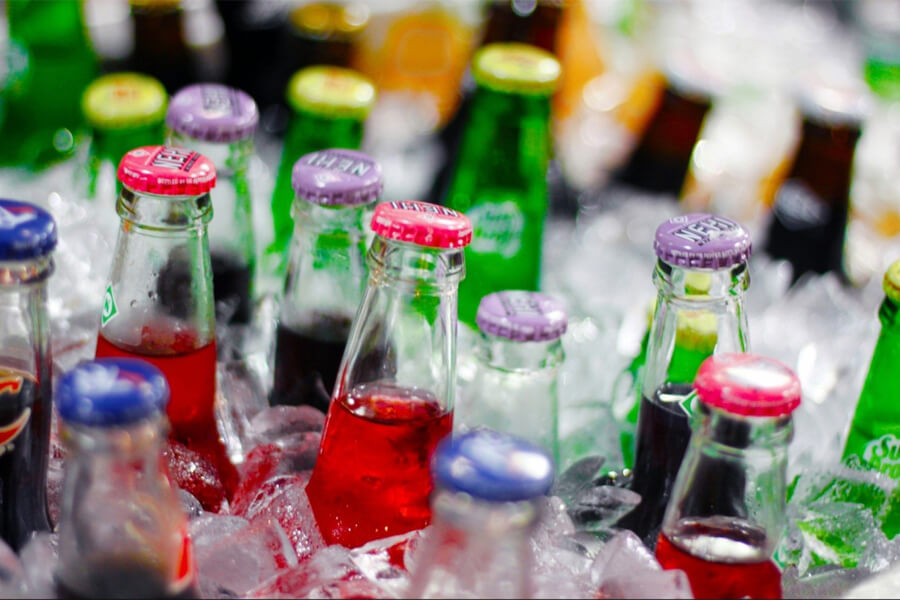
The Vietnam Chamber of Commerce and Industry (VCCI), in collaboration with the Vietnam Beverage Association (VBA), recently hosted a workshop in Hanoi on the “Draft Law on Special Consumption Tax (Amended) and the Beverage Industry.”
At the workshop, representatives from the VBA highlighted the significance of the beverage industry (including beer, liquor, and soft drinks) as a vital economic and technical sector with a long history, cultural value, and traditional presence in the lives of Vietnamese people.
In alignment with Resolution No. 129/2024/QH15 of the National Assembly, the Ministry of Finance is seeking feedback on the draft amendment to the Law on Special Consumption Tax (SCT), which will be presented to the National Assembly for discussion at its 8th session in October 2024 and for approval at the 9th session in May 2025.
The proposed adjustments in the law directly impact the beverage industry, including businesses involved in the production, business, and consumption of goods and services. The Ministry of Finance suggests a continuous annual increase in tax rates for alcohol and beer until 2030 and the inclusion of soft drinks with sugar content above 5g/100ml according to Vietnamese standards as taxable items.
Regarding sugary drinks, the draft law proposes a 10% tax rate for soft drinks with sugar content above 5g/100ml as per Vietnamese standards. The VBA estimates that the soft drink industry has generated over 300,000 direct jobs and millions of indirect ones, while actively contributing to social responsibility programs such as providing clean drinking water, empowering women, and supporting small and medium-sized enterprises. The proposed tax on sugary drinks is expected to negatively affect the livelihoods of 337,000 sugarcane farming households.
Mr. Do Thai Vuong, Head of the VBA’s Soft Drink Subcommittee, recommended refraining from including soft drinks with sugar content above 5g/100ml as a taxable item under the Special Consumption Tax.
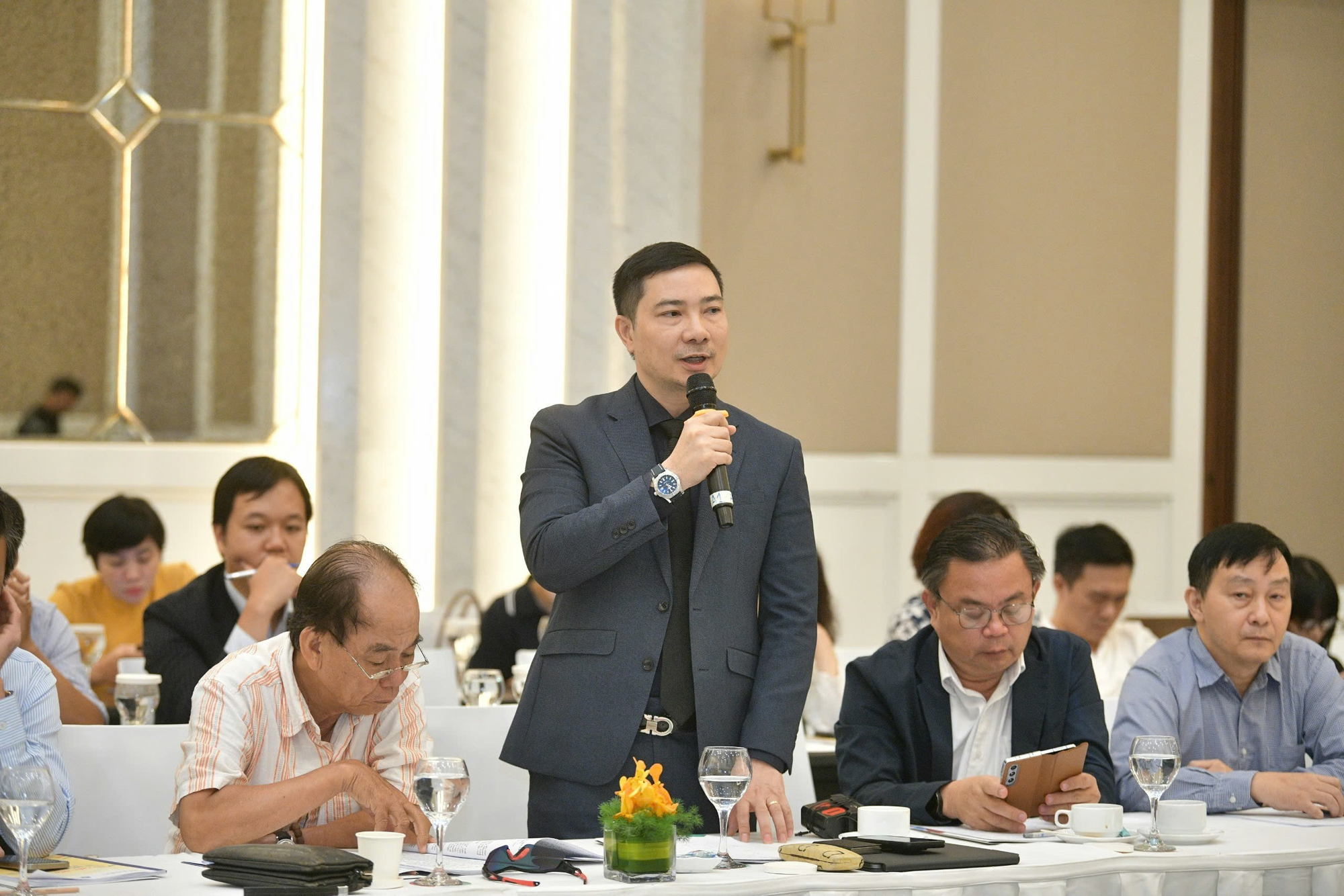
Mr. Do Thai Vuong, Head of the Soft Drink Subcommittee, VBA
Mr. Vuong explained that there is a lack of comprehensive research and assessment on the economic and social impacts of the tax on direct and indirect stakeholders. Specifically, the current draft law’s reliance on Vietnamese standards to determine taxable items is insufficient and incomplete, as these standards are not intended for legal construction.
“Meanwhile, the Vietnamese standards themselves include beverages that are beneficial to health, such as sports drinks, which are expected to be taxed, while other drinks and foods with higher sugar content are not subject to the Special Consumption Tax. This leads to discrimination and unfairness in the formulation of state legal regulations,” Mr. Vuong added.
According to the Food and Agriculture Organization of the United Nations (FAO) and Nielsen’s reports in Vietnam, free sugars from sugary drinks account for only about 1.1% of the total energy intake from food and drinks. The World Health Organization (WHO) recommends a daily free sugar intake of 5% of total energy intake (equivalent to 25g/day). Therefore, if there is excessive sugar consumption in the daily diet of Vietnamese people, a large proportion likely comes from other sugar-containing food sources.
The most extensive bribery case ever in Thanh Hoa: Numerous suspects prosecuted for “Giving and Receiving Bribes”
The Provincial Security Investigation Agency (PSIA) of Thanh Hoa province announced on January 31st that it has made the decision to initiate a prosecution against 23 individuals in connection with the offenses of “Accepting bribes” and “Giving bribes” as stipulated in Article 354(3) and Article 364(2) of the Criminal Code.
Mobile World achieves revenue of VND118,000 trillion: TVs, tablets, and phones all decrease by 10% – 50%, while one product grows in both quantity and revenue.
Mobile World Investment Corporation (MWG) has recently announced its 2023 business results. According to the report, the company’s consolidated revenue reached over 118 trillion Vietnamese dong, equivalent to 89% of the revenue in 2022.

